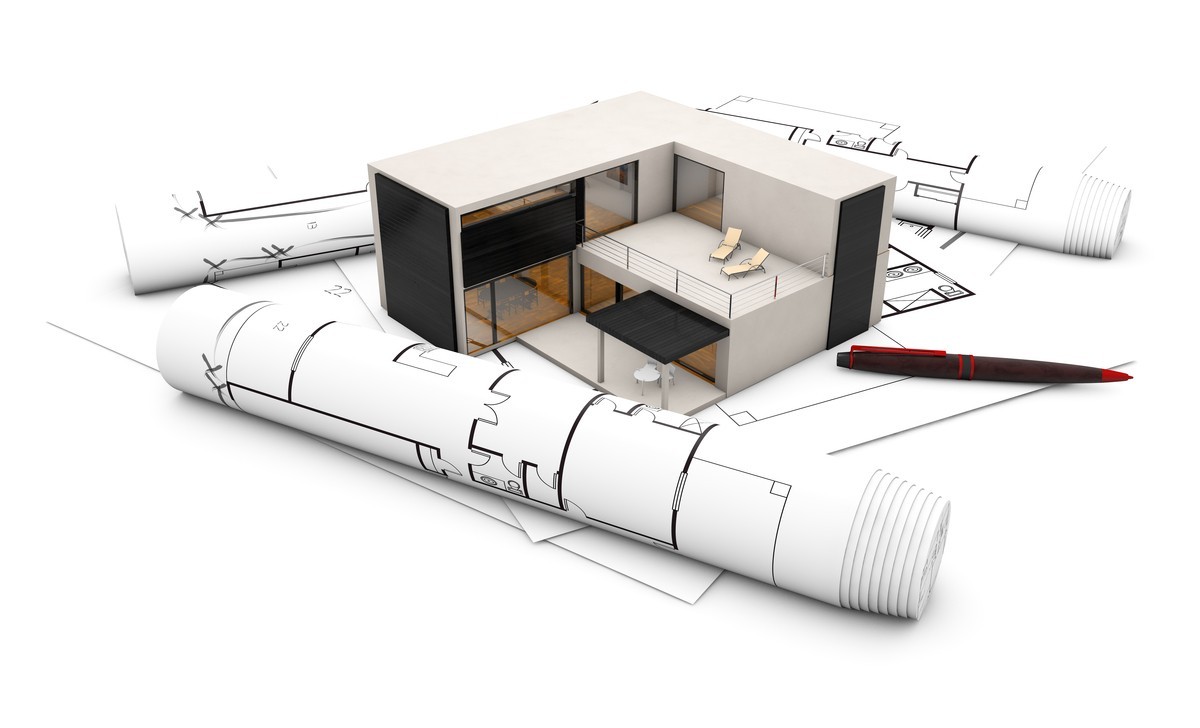A Sustainable Building Method For Modular Construction

With the rise of awareness about environmental issues among corporations and governments, practices of green construction are more popular nowadays. Modular construction methods by minimizing waste and using materials more efficiently can make the building more sustainable.
What Is Modular Construction
Modular construction is less time-consuming and cheaper to erect compared to traditional construction methods. It is a process in which the Building project is built in modules offsite faster with the same standards and codes as the conventionally produced facilities and put together on-site. They reflect the specifications and identical intent design of the most sophisticated facility site-built without any compromise. The global construction industry is looking at three ways that modular buildings are more eco-friendly than traditionally constructed buildings.
Use Less Energy
Hence these are fabricated buildings and constructed offsite; there is significantly less disturbance to the surroundings and environment in the construction site. There is also a negligible wastage of resources, materials, and efficient use of energy like solar panels, geothermal systems, and energy-efficient glasses. As a result, it has a long-term effect on sustainability. It will minimize the energy demands during the construction process and lessens the energy cost of the occupants. In addition, it takes half less time for the building to be complete than traditional building construction.
Recyclable and Reusable Buildings
Modular buildings are also called portable buildings, and they can be transported easily without any demolition process. Instead, it is assembled on-site and dismantled on-site, and this makes it easy to take down without disturbing the surrounding with debris, dust, and other unwanted pollutants.
Recycled Materials
Most of the building parts are constructed from recycled materials, like recycled wood, steel, and even recycled glass, in a significant portion of the building. However, it is not a hundred percent made from recycled materials. Still, some of its components can be undoubtedly reusable over and over without seeing much wear.
Here Are Few Benefits of Modular Construction
Increased Adaptability
Modular construction buildings allow alteration and modifications in existing buildings, with the least disruption for adjacent building locations, not like conventional buildings where renovation produces many waste materials that are difficult to reuse.
Attractive design
Nowadays, modular construction incorporates practical and innovative designs that provide a pleasing aesthetic look through sustainable building materials. And that is what makes them very attractive to your business, residential, or school use.
Cost-effective
With a shorter construction time with flexible payment options, modular construction is very cost-effective. In addition, the design service is included too in the contract, so there is no need to make expenses about architect expenses.
Benefits of Offsite Construction
Modular construction can positively impact reducing environmental impact, conserving resources, and construction waste management.
Waste Control
Individual building modules are produced and assembled in factory settings, which allows for better control over inventories. The leftover materials will be preserved for another future project's use, significantly reducing construction waste dumped in landfills. All materials are stored and protected from any unwanted weather conditions and moisture.
Construction Quality
The modular structures are completed and under control by factory environment settings, with dry materials to avoid trapped moisture. As a result, it improves construction quality while preventing common issues like mold infestation and moisture damage.
Other Benefits of Modular Construction
In addition to minimizing demolition and construction waste, it supports green construction practices.
Reduced Site Environmental Impacts
Since most of the structure's processes are offsite, there is less impact on its construction site. Nevertheless, modular construction reduces the number of heavy equipment and vehicles required on-site, impacting less carbon pollution emission and less site disruption.
Energy Efficiency
It provides a slot to incorporate energy efficiency measures directly in their designs. Such as;
- Efficient HVAC system with HVAC access doors and panels
- LED lighting with and some with photocell sensors
- Energy-efficient windows with low emissivity coating.
Modular construction methods provide effective ways and techniques to minimize the overall waster on a construction project, with a more sustainable environmental solution and creating a safer and healthier environment.
If you are looking for better sustainable building construction for greener practices, modular is the best option.



